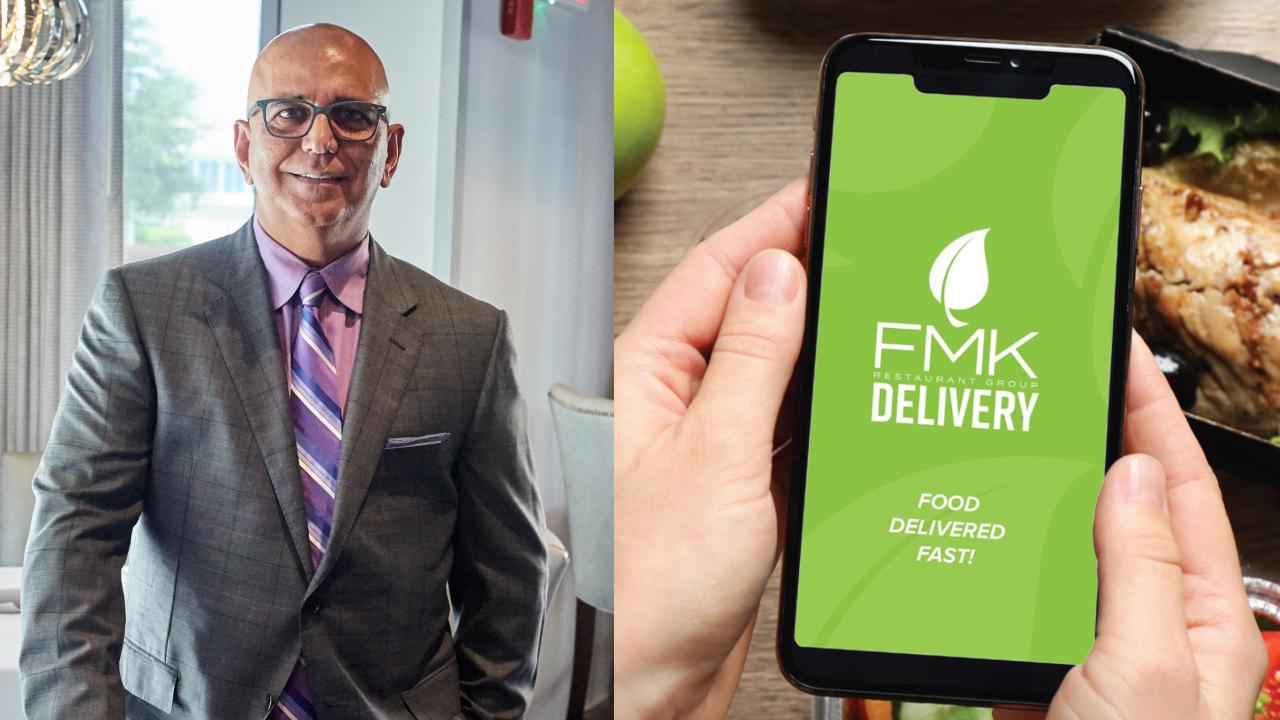Coronavirus boosts food delivery sales in suburbs
UberEats, DoorDash grew in the suburbs in March
Get all the latest news on coronavirus and more delivered daily to your inbox. Sign up here.
The majority of U.S. restaurants closed their dining rooms because of the coronavirus pandemic, so Americans are relying more and more on delivery.
Spending on third party delivery services UberEats, DoorDash, Grubhub and Postamtes was up 10 percent collectively by late March, according to data from Edison Trends. And some delivery services had sales increases in the suburbs because people fled cities like New York, which is an epicenter for COVID-19.
“Average food delivery order values have gone up, we are seeing people spending more money than we have previously," Erika Edwards, senior data analyst at Edison Trends told FOX Business on Thursday. "This is happening across all of the delivery services.”
Some third-party delivery services, however, appear to be gobbling up more business than others. Edison Trends' research indicates that suburban areas have been dominated by orders from UberEats and DoorDash, primarily.
CORONAVIRUS SENDS FROZEN FOOD SALES SOARING
During the week of March 16, DoorDash and UberEats had their highest customer spending over the last 11 weeks with sales up 10 percent and 25 percent over the previous week, respectively. What’s more, both were up 15 percent over their average weekly customer spending between Jan. 6 and March 1, Edison Trends data show.
UberEats and DoorDash did not immediately return a request for comment.
| Ticker | Security | Last | Change | Change % |
|---|---|---|---|---|
| UBER | UBER TECHNOLOGIES INC. | 74.77 | -0.44 | -0.59% |
| GRUB | NO DATA AVAILABLE | - | - | - |
Edwards says urban areas, meanwhile, have historically been a feeding ground for Grubhub, the parent of Seamless. But as employees work from home during the pandemic, the company had a decline in sales the week of March 9. Lunch and dinner orders delivered to offices decreased, so Grubhub growth also declined.
“Ordering at work has gone down as consumers order from their homes instead," Edwards explained. "This impacts Grubhub in particular when you consider the stronghold it has in New York due to its ownership of the Seamless food delivery service and where the volume of orders are typically high.”
CORONAVIRUS PANDEMIC BOOSTS COMFORT FOOD SALES
A spokesperson for Grubhub said the company does not report on ordering trends or sales outside of its quarterly earnings reports but noted: "We’ve received 10 to 15 times our usual new restaurant leads. This interest led to four to five times more new restaurant go-lives a day at our peak last month compared to our previous record-breaking day pre-COVID-19."
Postmates, meanwhile, grew slightly during the weeks of March 2 and March 9 before sales fell the week of March 16, according to Edison Trends data.
In addition to delivery, more people have been relying on meal kits to cook meals themselves with ingredients sent straight to their door. Blue Apron, which weighed the sale of its company last month, has had a surge in demand in recent weeks, and the company is increasing production for future orders and hiring more employees.




















